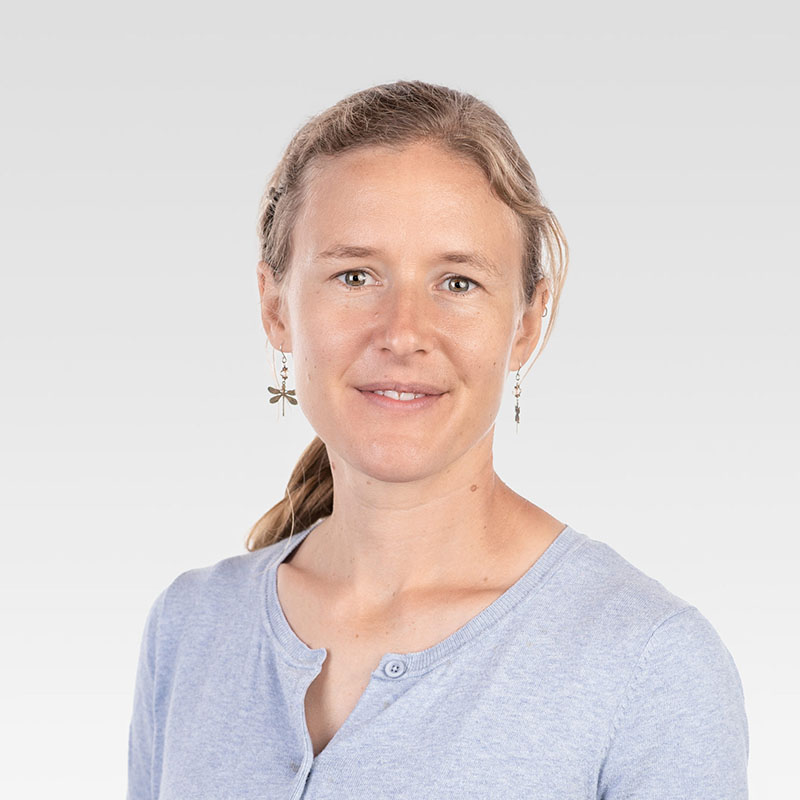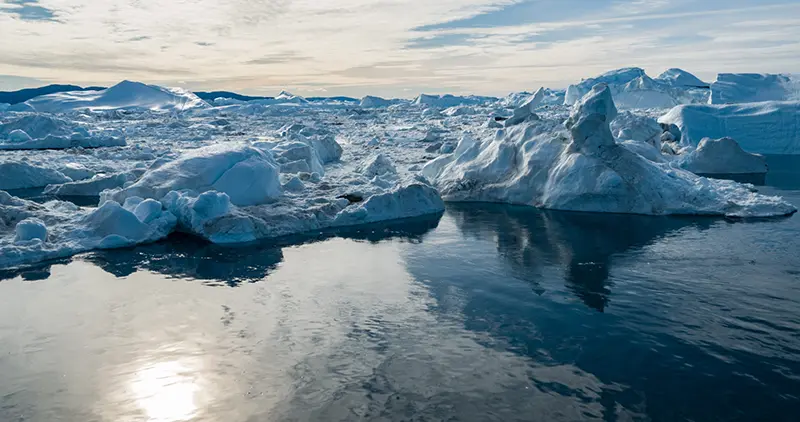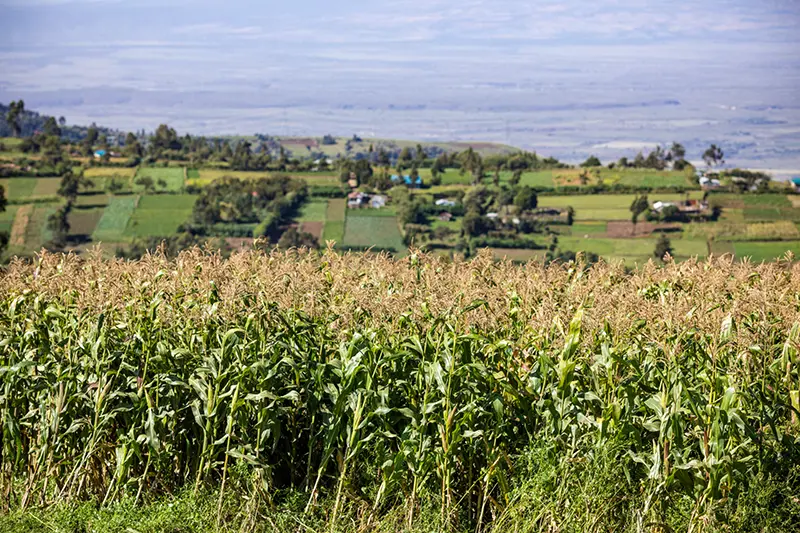

Eliza Harris
Eliza started at SDSC in March 2021, working as a Senior Scientist as part of the SDSC's academic team. She had previously worked as a postdoctoral researcher at the Massachusetts Institute of Technology (2012-2013), Empa (2013-2017), and the University of Innsbruck (2017-2020). Eliza had received her PhD in Atmospheric Science from the Max Planck Institute for Chemistry in 2012, and her Bachelor’s degree with Honours in Antarctic Science from the University of Tasmania in 2008. Her previous research had centered around the use of novel isotopic measurements and modeling approaches in atmospheric and biogeosciences, particularly the nitrogen cycle. Her research at SDSC was to focus on data analytics and machine learning approaches in environmental and natural sciences. Eliza's mission with SDSC ended in September 2024.
Projects
EXPECTmine
ArcticNAP
N2O-SSA
Publications
Mentioned in


Climate-smart agriculture in sub-Saharan Africa: optimizing nitrogen fertilization with data science
Climate-smart agriculture in sub-Saharan Africa: optimizing nitrogen fertilization with data science
Case Studies
Contact us
Let’s talk Data Science
Do you need our services or expertise?
Contact us for your next Data Science project!




